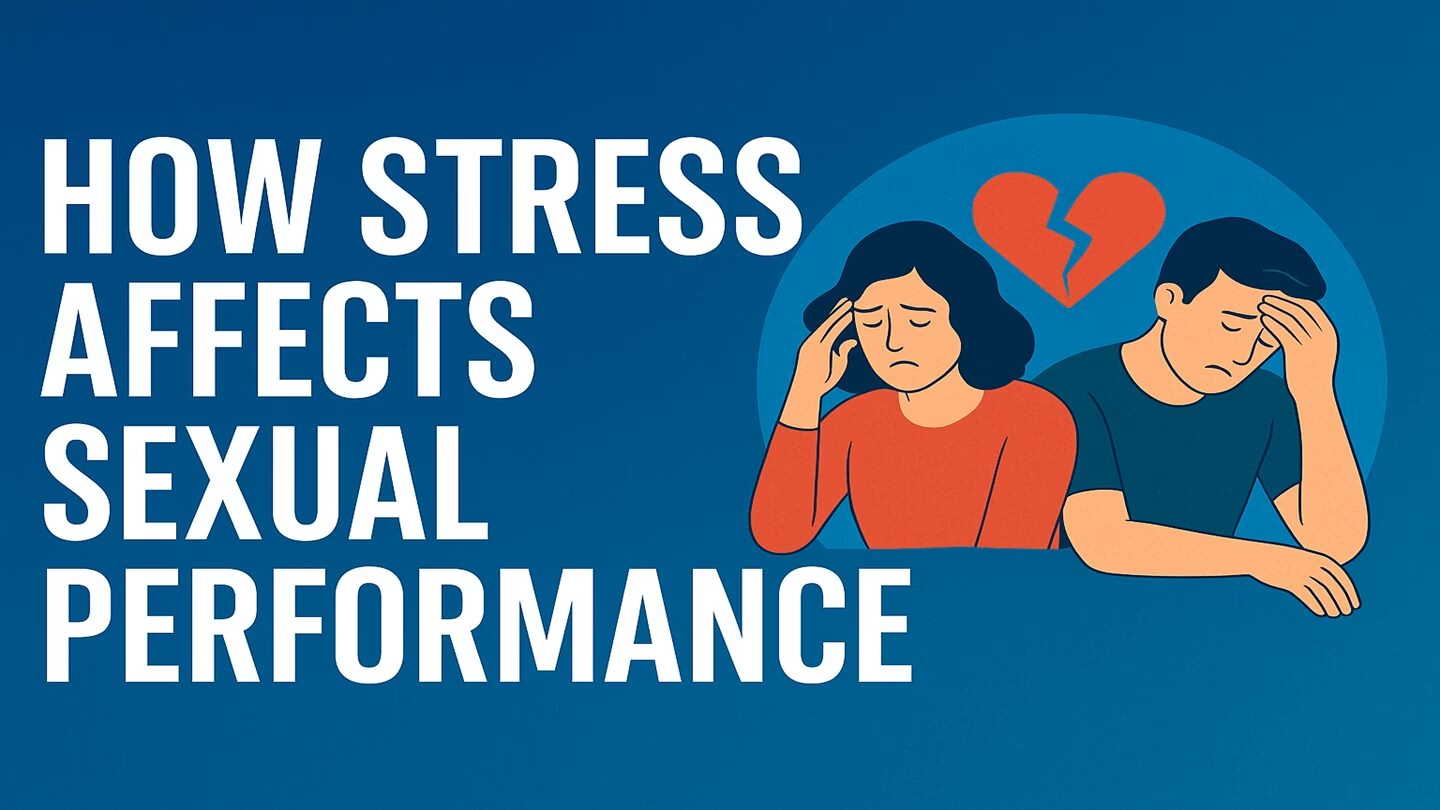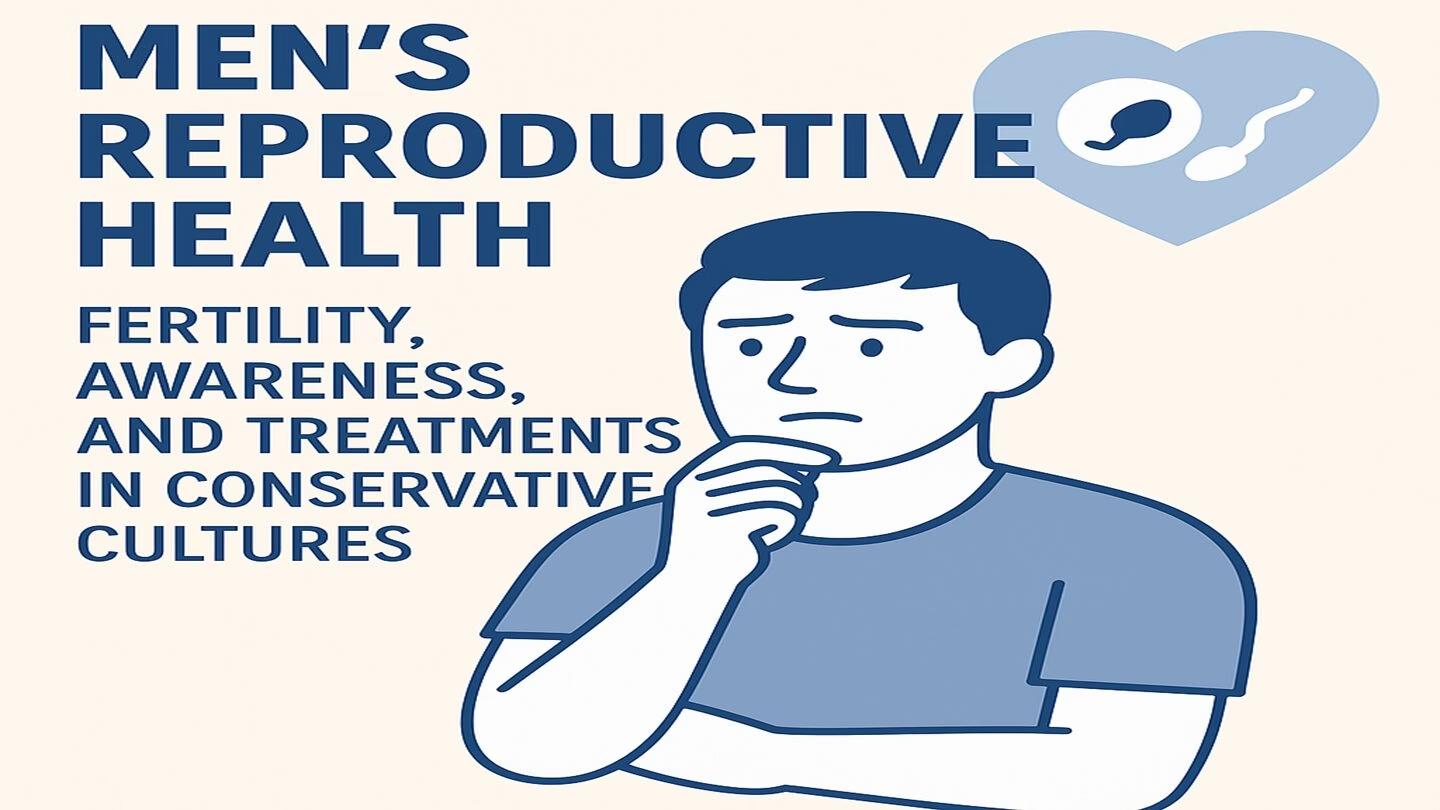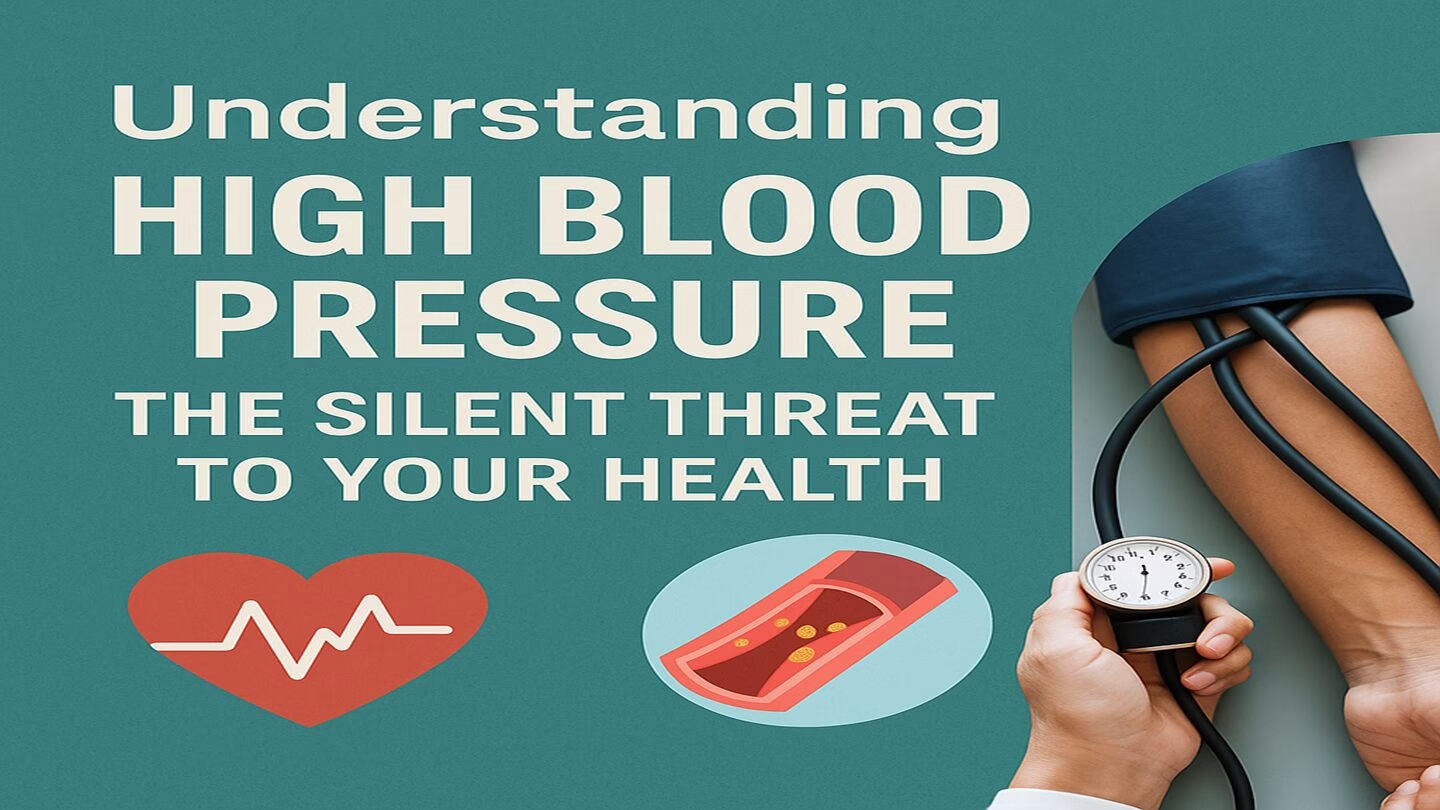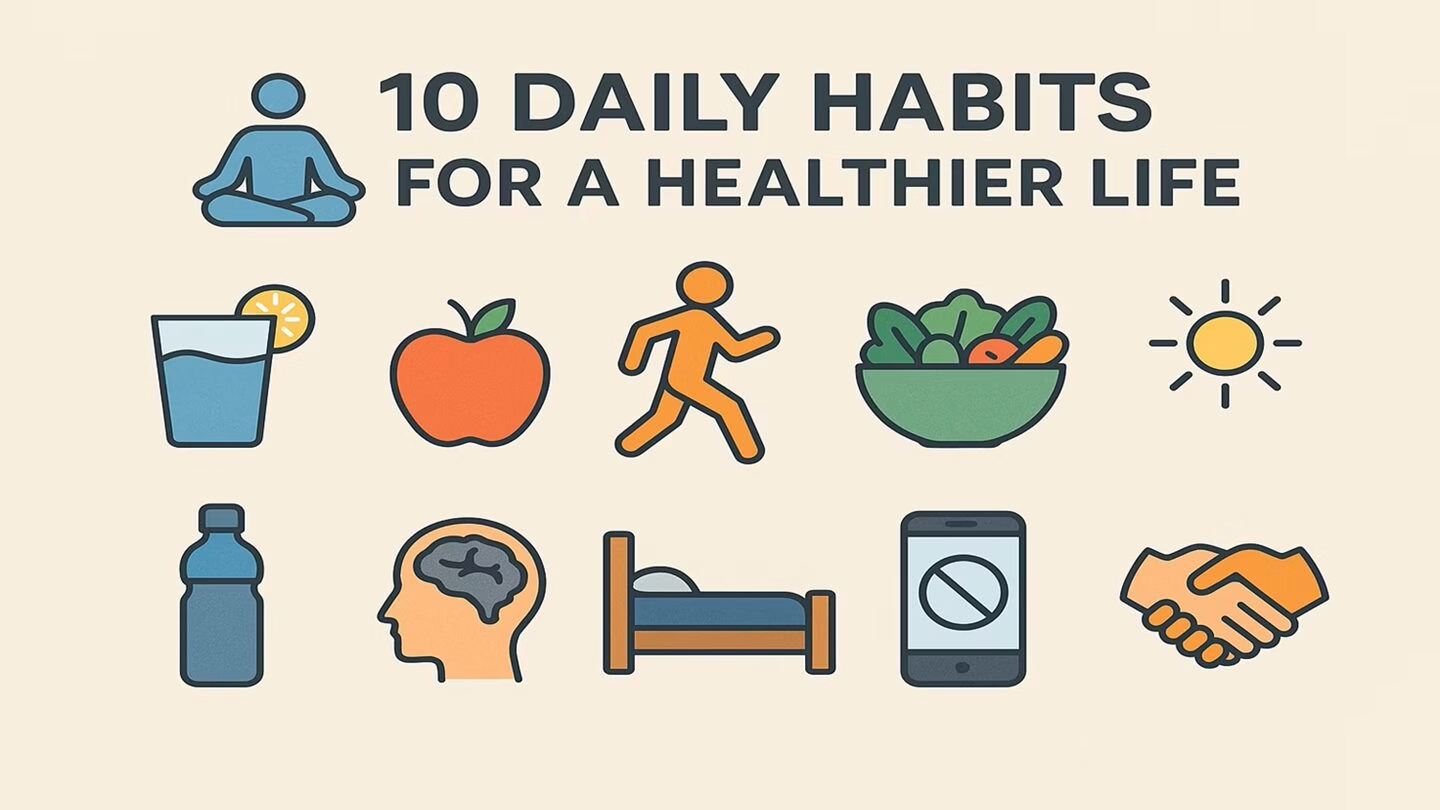Sexual health is more than just physical function—it’s a delicate balance of the body, mind, and emotions. While many people focus on hormones or physical health as the main drivers of sexual performance, one major factor often gets overlooked: stress. Whether it comes from work, finances, relationships, or daily responsibilities, stress can deeply impact sexual desire, arousal, and satisfaction.
In this article, we’ll explore how stress affects sexual performance, the science behind it, and practical strategies to protect your intimate well-being.
🧠 The Connection Between Stress and Sexual Function
When you experience stress, your body activates the “fight or flight” response, releasing stress hormones such as cortisol and adrenaline. While this is useful for survival, it can interfere with the body’s natural ability to relax and feel pleasure. Sexual arousal requires calmness, adequate blood flow, and mental focus—conditions that stress often disrupts.
Chronic stress also reduces levels of sex hormones like testosterone and estrogen, which are essential for maintaining libido and sexual performance in both men and women.
🚹 Impact on Men’s Sexual Performance
For men, stress can create multiple sexual difficulties:
- Erectile dysfunction (ED): Stress interferes with the brain’s ability to send signals that trigger an erection.
- Premature ejaculation: Anxiety and performance pressure may cause men to climax too quickly.
- Low testosterone: Chronic stress lowers testosterone production, which reduces desire and energy.
- Mental distractions: Worries and overthinking during intimacy prevent focus and enjoyment.
🚺 Impact on Women’s Sexual Performance
Stress affects women in unique ways, often tied to hormonal balance and emotional well-being:
- Reduced libido: Stress dampens desire by lowering estrogen and progesterone.
- Difficulty with arousal: Muscle tension and poor blood flow affect vaginal lubrication and sensitivity.
- Pain during sex: Stress can increase pelvic floor tightness, leading to discomfort.
- Emotional disconnect: Stress creates fatigue, mood swings, and irritability, making intimacy less appealing.
❤️ Emotional Stress and Relationship Strain
Stress doesn’t just affect the individual—it can impact the relationship itself. Partners may misinterpret a lack of desire as rejection, leading to arguments, frustration, or feelings of inadequacy. Over time, this cycle increases emotional distance, making intimacy even more difficult.
Good communication, patience, and mutual understanding are crucial to break this cycle.
🩺 Long-Term Health Risks of Stress on Sexuality
If left unmanaged, chronic stress can contribute to more serious health issues that further damage sexual performance:
- High blood pressure and heart disease (reducing blood flow to sexual organs)
- Diabetes risk (linked to both stress and sexual dysfunction)
- Depression and anxiety disorders (further lowering desire and confidence)
🌿 How to Reduce Stress and Improve Sexual Health
The good news is that stress management can restore and even enhance sexual performance. Some proven strategies include:
- Relaxation techniques: Meditation, yoga, and deep breathing reduce cortisol levels.
- Regular exercise: Boosts mood, improves blood flow, and raises testosterone.
- Healthy diet: Foods rich in omega-3s, zinc, and antioxidants support hormones and circulation.
- Quality sleep: Rest resets hormone balance and enhances libido.
- Open communication: Sharing concerns with your partner lowers tension and builds intimacy.
- Professional help: Counseling, sex therapy, or medical evaluation can help if stress is overwhelming.
✅ Key Takeaway
Stress is a natural part of life, but when it becomes chronic, it can drain your energy, desire, and confidence in the bedroom. By learning to manage stress, you not only protect your mental and physical health but also improve intimacy and strengthen your relationships.
Sexual performance thrives on relaxation, connection, and balance—so prioritizing stress management is one of the most powerful ways to enhance your sexual well-being.
🔔 Disclaimer: This article is for educational purposes only and should not replace professional medical advice. If you experience persistent sexual difficulties, consult a healthcare provider.
ABOUT THE AUTHOR
Dr. Alex Sam is a passionate healthcare professional with an MBBS and MRCGP degree and a strong commitment to modern medicine. Known for his empathetic approach, he emphasizes listening to his patients and understanding their unique health concerns before offering treatment. His areas of focus include family medicine and general health management, where he strives to provide holistic care that improves both physical and mental well-being. Dr. Alex is also a strong advocate for preventive screenings and early detection of diseases, ensuring his patients maintain healthier lives. With a calm demeanor and deep medical insight, he has earned the trust of both his patients and peers in the medical community.










Add comment